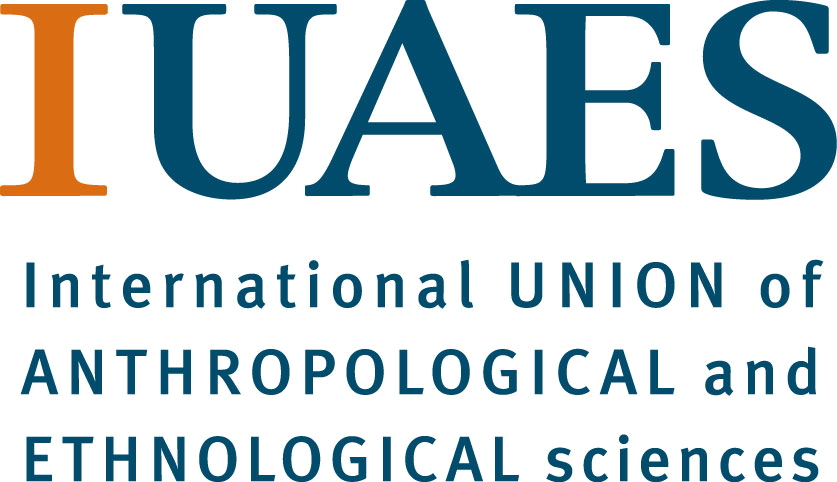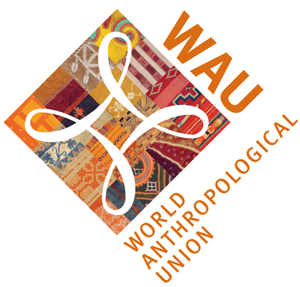Post Congress Event at University of Hyderabad (October 26-27, 2023)
Theme: Anthropology and Digital Cultures
The concepts of digital culture, transhumanism, and posthumanism underscore the influence of technology on individuals' lives, prompting a call for deeper investigations into this realm. Anthropologists are predominantly dedicated to delving into the junctures where technology (including the internet) intersects with various facets of human existence. Their focus is to unravel how the pervasive digitization of our world has shaped our modes of communication, behaviour, and, in turn, our interpersonal connections. Within this context, scholars appropriately express apprehensions about the potential for profound alterations in human bodies, minds, and even the fundamental essence of humanity.
With the influx into the digital age, the world has found itself amid a vast amount of digital content and applications. While the digital real offers vast possibilities for human interactions and societal changes, these potentials are intricately tied to cultural dynamics that carry significant ethical implications. This situation gives rise to the potential of digital anthropology, holding the prospect of exploring and understanding these dynamics.
The emerging sub-field of 'digital anthropology' offers vast scope for diverse studies and has the potential to pose significant questions about anthropological methods. It encompasses topics ranging from the impact of digital technologies on specific populations to the examination of particular digital tools and their integration into anthropological methodologies.
Scholars have posed essential questions about the cultural origins of information technology and media, explore the negotiation of individual and community identities both online and offline, and probed power dynamics and access in the realm of new communication media. The authors emphasize that while the internet induces change, it is rooted in pre-existing societal practices and power dynamics. As we advance into the era of 'digital India,' a pivotal question emerges: how can inclusion and meaningful participation foster a positive identity for socially marginalized women?
As we embrace digital technologies for societal shifts, persistent uncertainties arise. These uncertainties encompass concerns such as 'disinformation,' 'inappropriate content,' 'evolving gaming and pornography,' and the exacerbation of discrimination and inequalities. While uncertainties are inherent, the unique uncertainties post-COVID have prompted us to explore novel ways of collaboration and organization, fostering diverse cultures shaped by technological influence.
The 19th IUAES-WAU World Anthropology Congress 2023 in Delhi seeks to critically analyse persistent hierarchies and marginalization amid ongoing crises. The post-Congress theme expands on these concepts of marginality and uncertainties, connecting them to the digital domain. Furthermore, the theme highlights the 'digitizing the human' and 'humanizing the digital'.
Scholars in digital anthropology have illuminated various domains, influencing anthropological approaches and theory. Nonetheless, research on digital cultures in India remains limited. Crucial topics requiring India-focused investigation encompass marginalized communities' empowerment through mobile-based financial systems, shifts in work practices' time-space dynamics, implications of robot caregivers, effects of transborder parenting, challenges of evolving news dissemination, and the dynamics of digital communities' composition and leadership.
In view of the above, we invite proposal for panels and papers from scholars on the various sub-themes mentioned below. We encourage students to identify any other area that they believe is relevant to the theme of the post-congress.
Events Department of Anthropology https://socialsciences.uohyd.ac.in/anthropology/events/
Dr. B.V. Sharma
Professor of Anthropology
Department of Anthropology
University of Hyderabad

